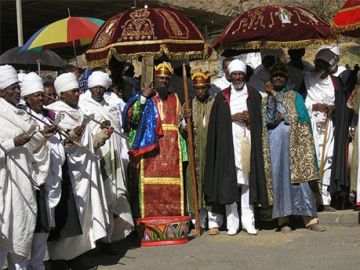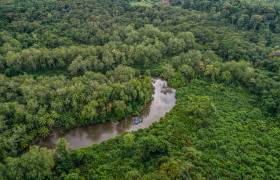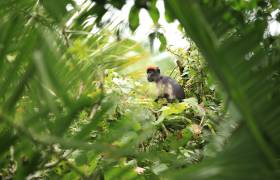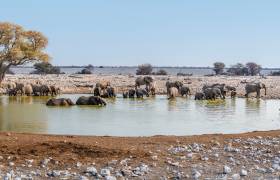Read time – 2 minutes
Throngs of white-clad festival-goers sleepily make their way to the holy baptismal pool. As the early morning sun starts to warm the crowds, the feeling of anticipation is palpable.
Children climb trees to get good views and adults jostle for space. The priests and deacons arrive, their blue velvet robes and yellow capes throwing a splash of colour amidst the sea of white.
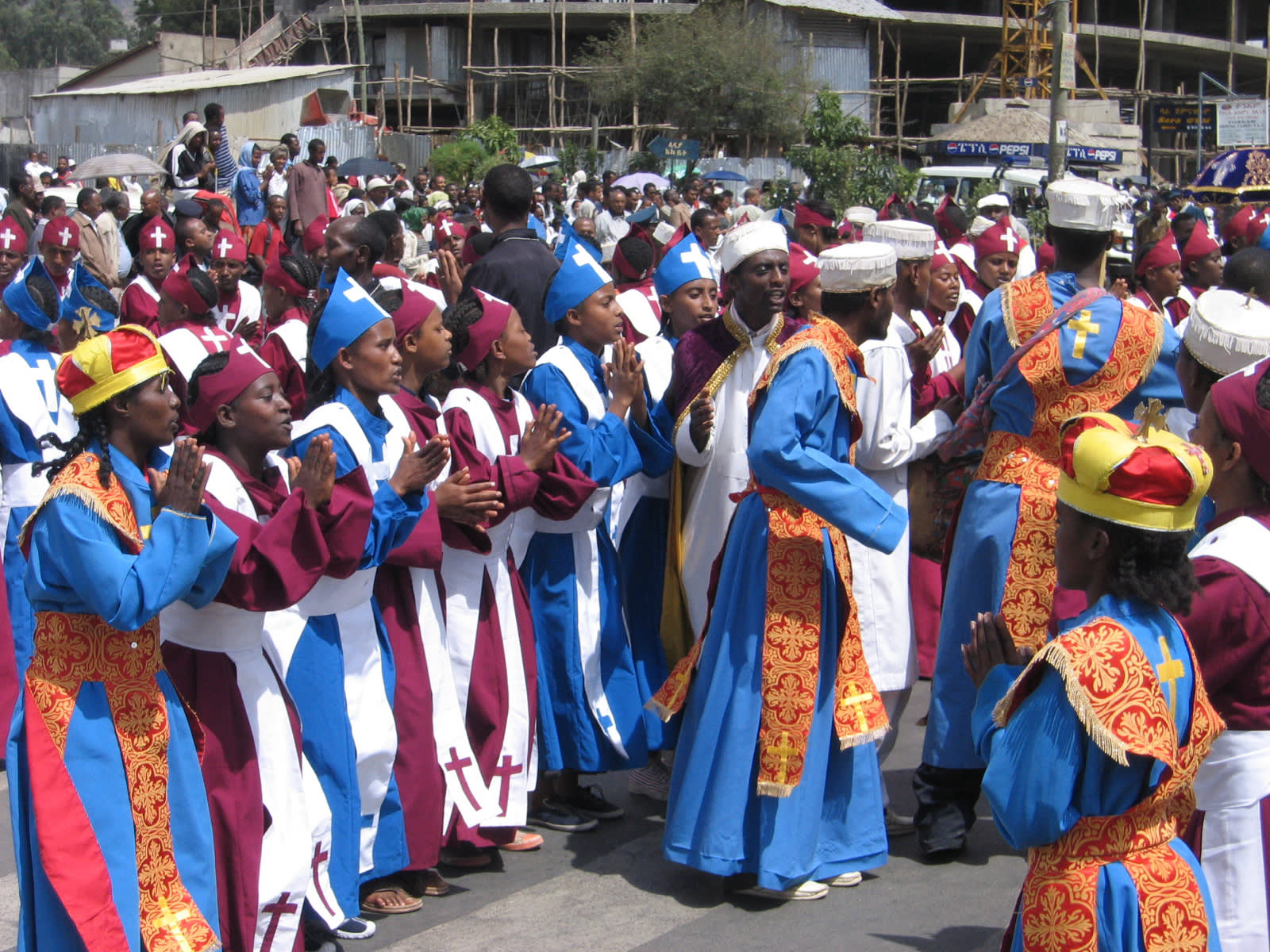 Priests and deacons at Timkat Festival
Priests and deacons at Timkat Festival
Timkat Ceremony
They line up on the water’s edge and start chanting, swaying and clapping their hands. It is bewitching. The ceremony climaxes as the head priest dips an ornate gold cross into the pool blessing the waters. Right on cue, dozens of boys jump into the holy water, symbolising Jesus being baptised in the River Jordan.
This is the Timkat Festival, Ethiopia’s most important celebration, which takes place every year on the 19th January throughout the country. Ethiopia is a fascinating place to visit any time of year, though Timkat shows Ethiopia at its most thrilling and joyous.
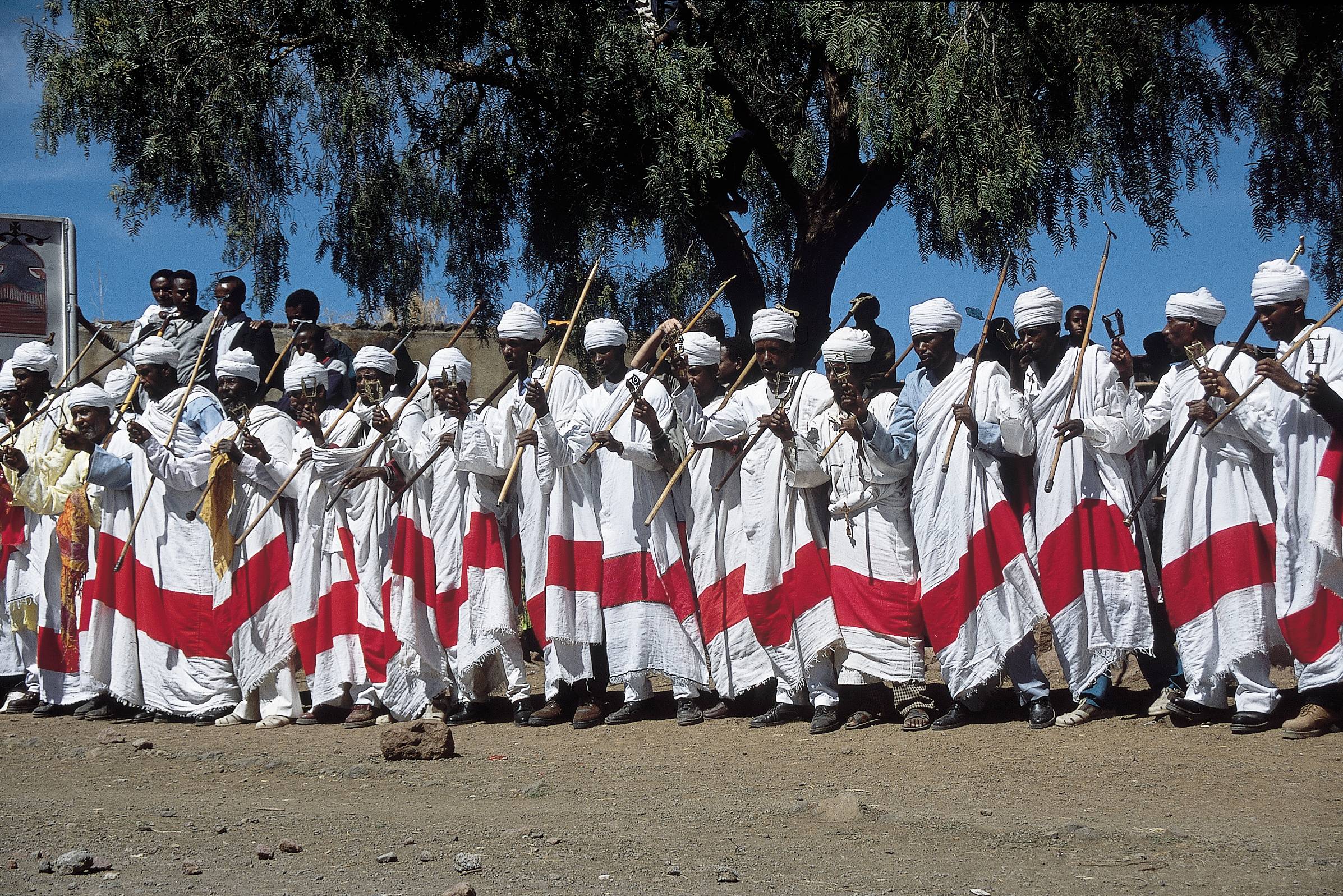 Traditional dancing at Timkat
Traditional dancing at Timkat
Culture of Ethiopia
Of course, there is more to Ethiopia than just Timkat. The country’s location has influenced both its culture and geography.
At the crossroads of important trade routes, it developed a rich culture born out of a mixture of African, Arab, Christian, Jewish, Islamic and even European influences to create its own blend with its own religion, its own language, its own alphabet and even its own calendar.
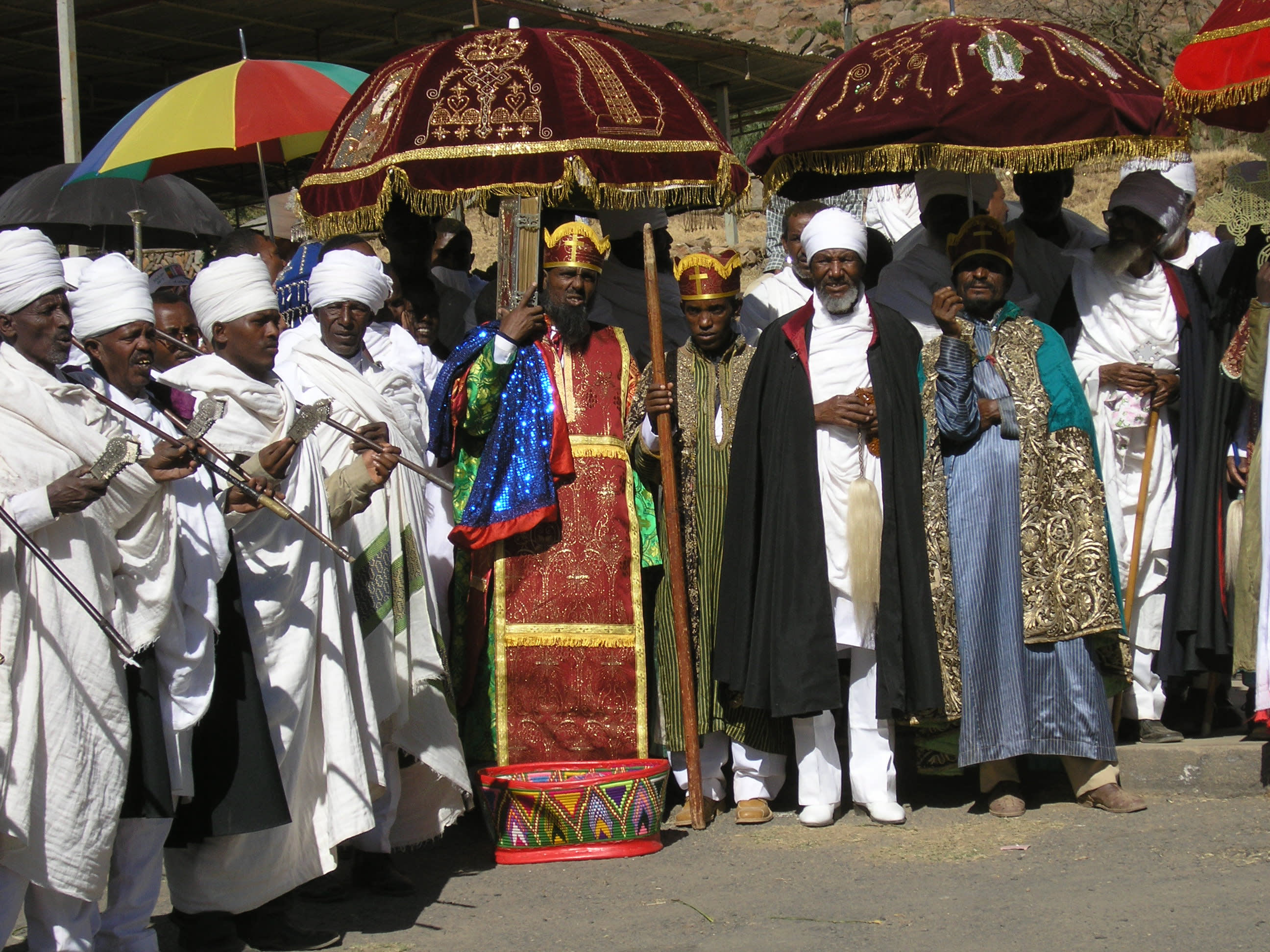 Religious men of Ethiopia
Religious men of Ethiopia
Though it is a deeply religious country, Ethiopia is equally important in the evolutionary stakes. Not only was AL 288-1 – the partial skeletal remains of a female hominid better known as Lucy – found here in the 1970s, but a number of animal species are found nowhere else.
Amongst these are the Gelada baboons, the Walia Ibex and the rarest canine in the world, the Ethiopian wolf.
Find out more about Timkat Festival and Ethiopia with our tours below.
